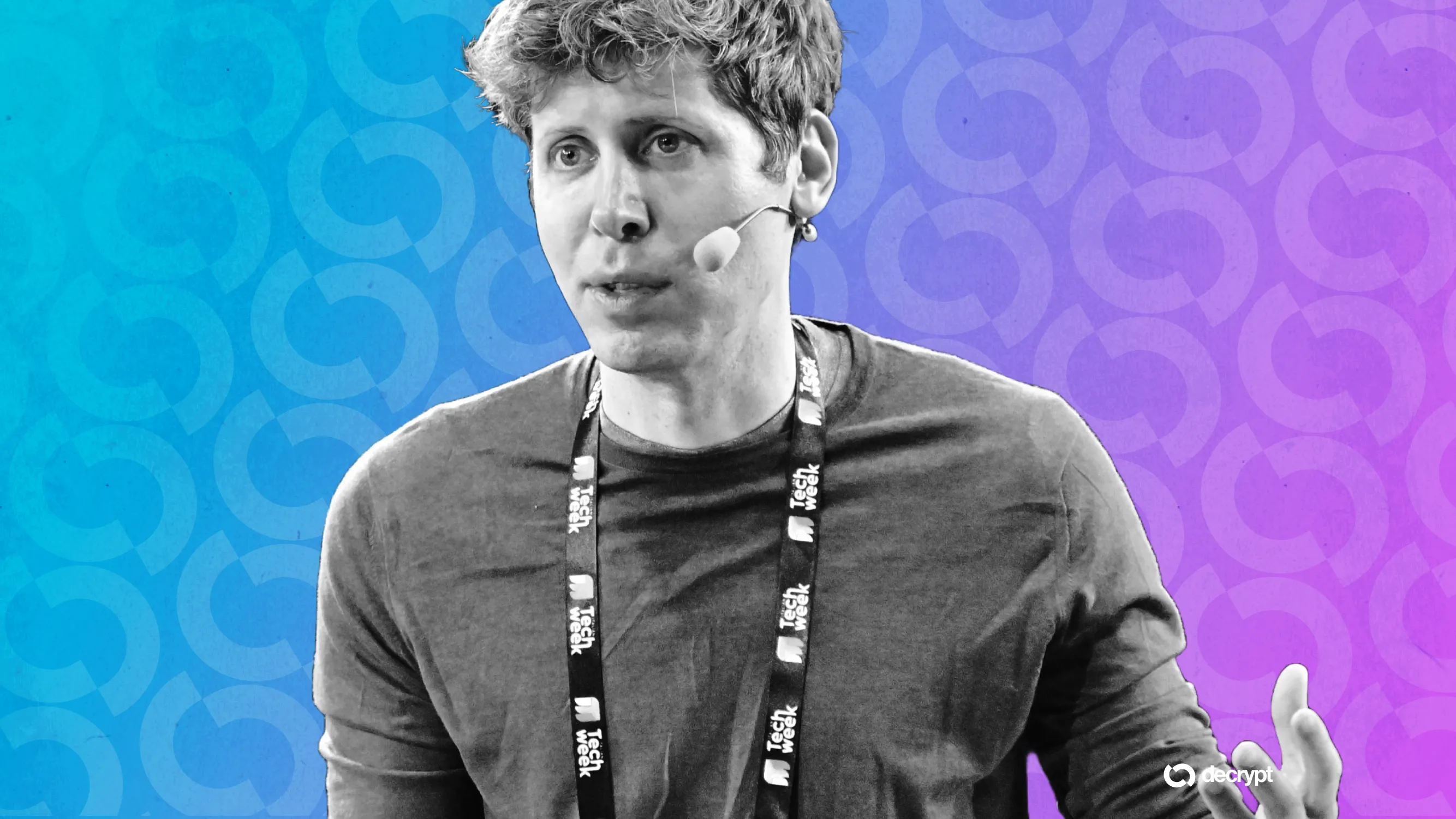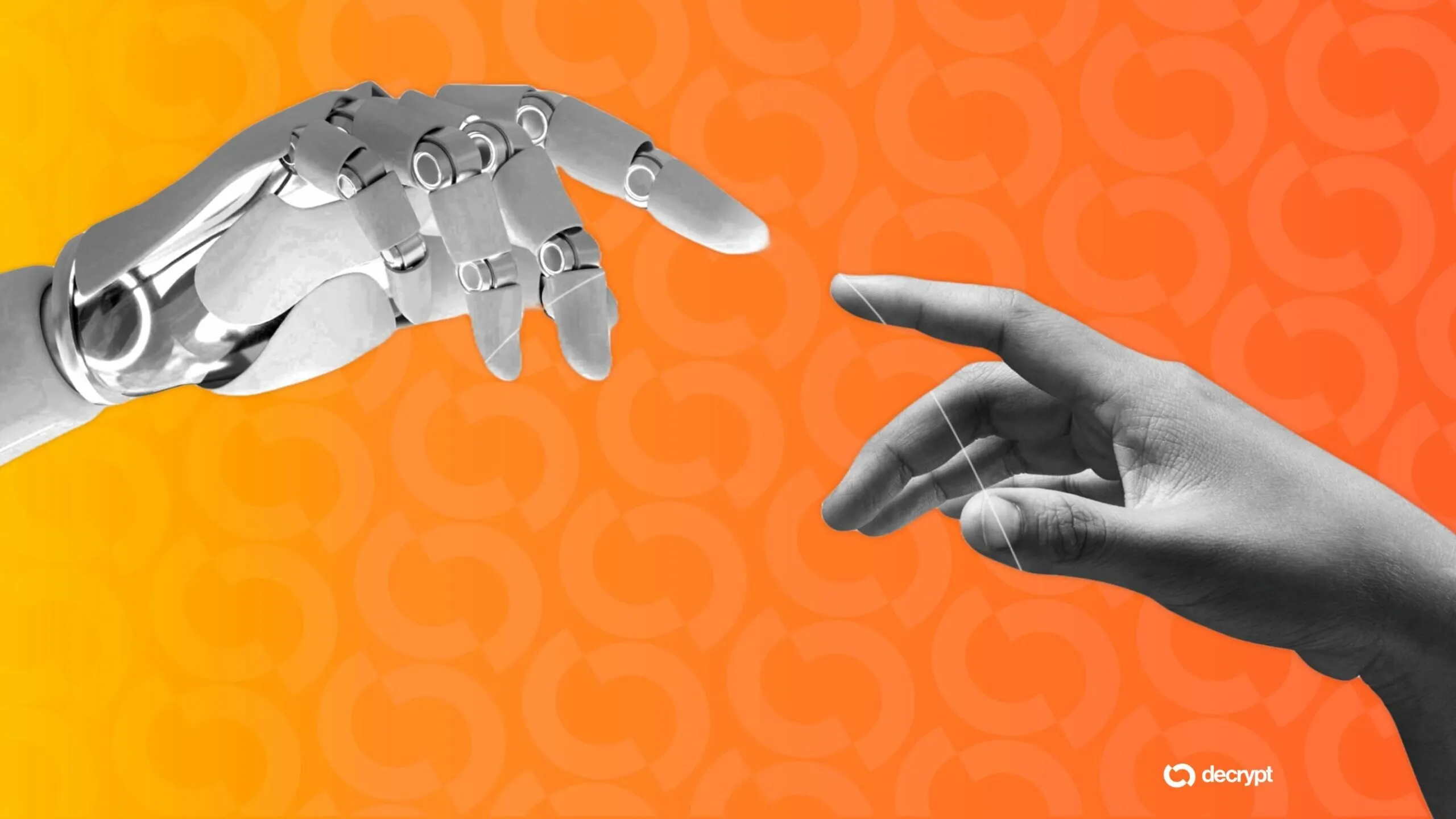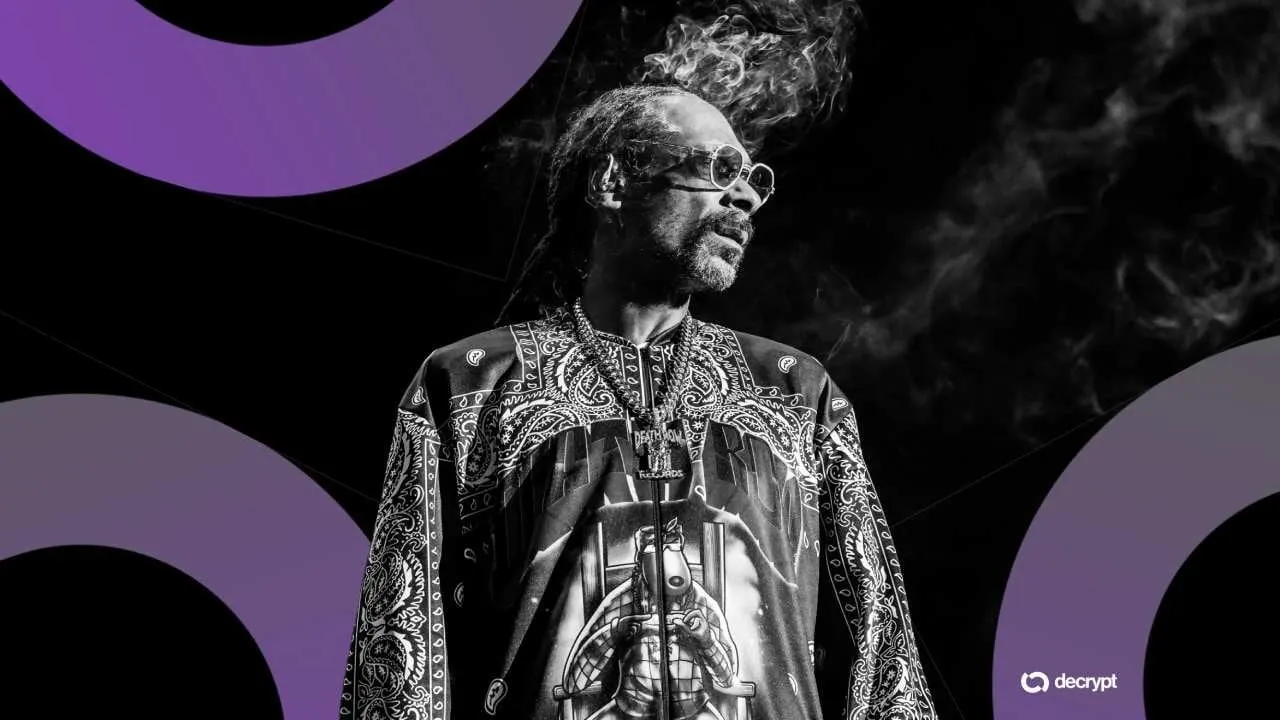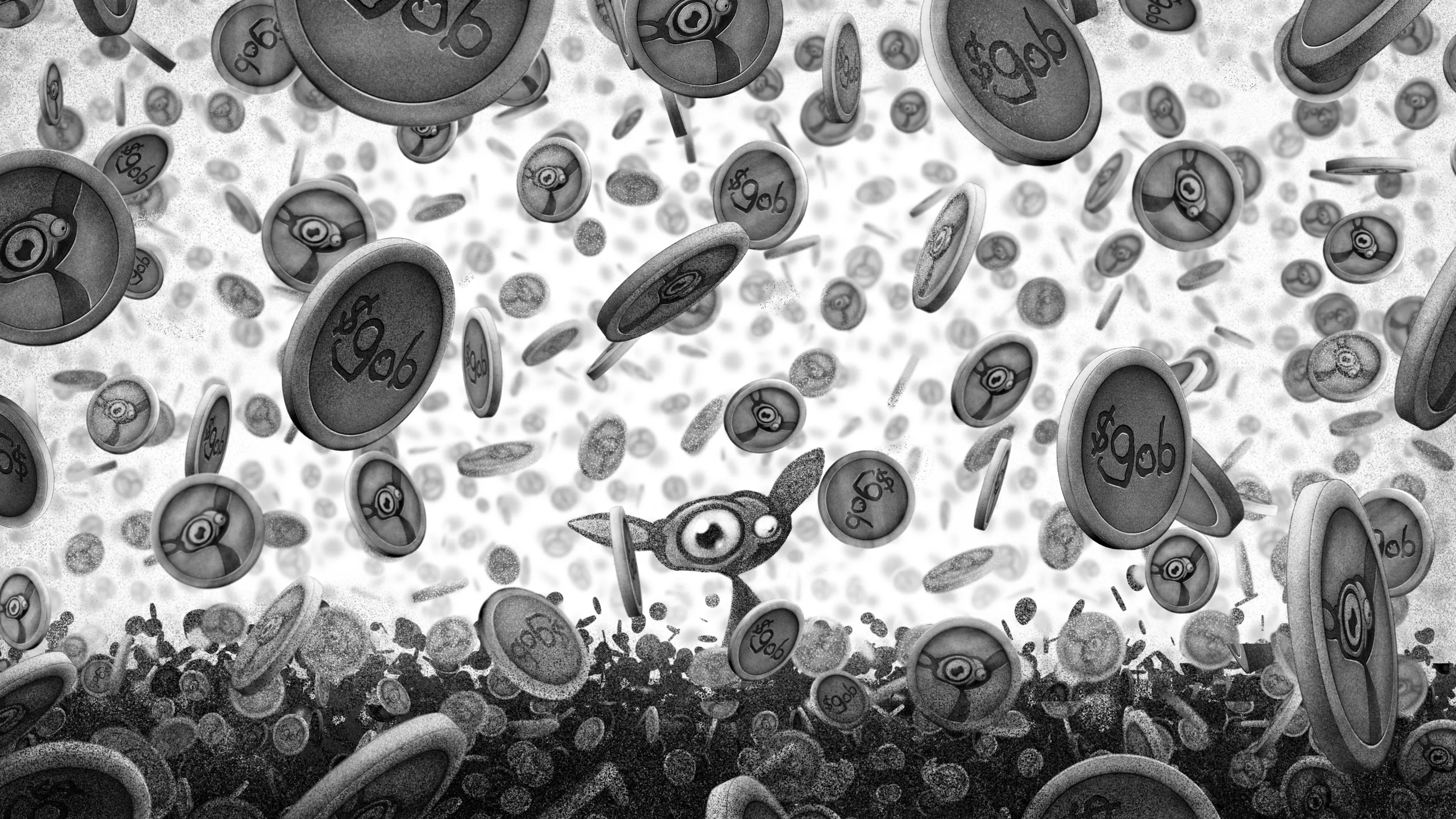YouTube's biggest individual creator, Jimmy Donaldson, known by his moniker MrBeast, faced community backlash after launching an AI thumbnail generator that could replicate the styles of other creators, forcing his team to make modifications to the controversial tool within days.
Promoted in now-deleted videos, the $80-per-month AI-powered tool allowed users to generate thumbnails by mimicking the visual style, logos, and even faces of other YouTubers, raising immediate concerns around consent, originality, and creative ownership.
Responding to supposed "feedback" on the tool, Donaldson, who has over 400 million subscribers on YouTube, said on X that his team has "pulled it and added a funnel for creators to find real thumbnail artists to commission."
The reversal came after prominent creators, including Jacksepticeye, discovered their logos and visual styles being used without permission in the tool's promotional materials.

OpenAI Challenges Court Order to Preserve User Data in NYT Lawsuit
OpenAI is contesting a federal court order requiring it to preserve all user data, including deleted chats, as part of a copyright lawsuit brought by The New York Times. "We strongly believe this is an overreach by The New York Times. We’re continuing to appeal this order so we can keep putting your trust and privacy first," OpenAI COO Brad Lightcap said in a statement. The decision stems from a May 13 order to "preserve and segregate all output log data that would otherwise be deleted on a goin...
"What the actual fuck... and he used my logo in the promotion for it too. I hate what this platform is turning into. Fuck AI," Jacksepticeye stated on X.
Donaldson co-founded ViewStats in late 2023 with Chucky Appleby as part of Juice, the creator tools startup he also helped launch. While he doesn’t solely own ViewStats, he remains closely tied to it through Juice, which lists the platform as a core product and helped develop and promote the AI thumbnail tool.
Despite clarifying that face-swap features would be limited to creators using their own faces on their own thumbnails, the tool remains available on ViewStats despite deleted promotional posts.
ViewStats and Donaldson did not immediately respond to Decrypt's requests for comment.
Calculator moment
The controversy reflects deeper tensions within content creation regarding AI's role. While some argue AI democratizes access for smaller creators lacking production teams, critics worry about impacts on human creativity and intellectual property rights.
"It's the calculator moment all over again: what starts as controversial eventually becomes common practice," Renz Chong, CEO of a16z-backed modular on-chain platform Sovrun, told Decrypt. Such tools "may feel unfair now, but they will soon be too common to ignore," he added.

Anthropic Scores Partial Victory in Copyright Case Over AI Training Data
AI firm Anthropic has won a key legal victory in a copyright battle over how artificial intelligence companies use copyrighted material to train their models, but the fight is far from over. U.S. District Judge William Alsup found that Anthropic’s use of copyrighted books to train its AI chatbot Claude qualifies as “fair use” under U.S. copyright law, in a ruling late Monday. “Like any reader aspiring to be a writer, Anthropic’s LLMs trained upon works not to race ahead and replicate or supplan...
The bigger challenge, Chong argues, lies in protecting creators once imitation becomes commonplace.
"If we know these tools are inevitable, then the boundaries have to focus less on restriction and more on recognition," Chong explained. "Creators need to retain visibility and value, even when their style is being mimicked or remixed."
This means building attribution systems directly into AI tools, ensuring creators can "opt in, monetize, or even license their work and aesthetic," Chong said.
"We need to build an ecosystem where creativity remains visible, consent-driven, and fairly rewarded," he argued.



